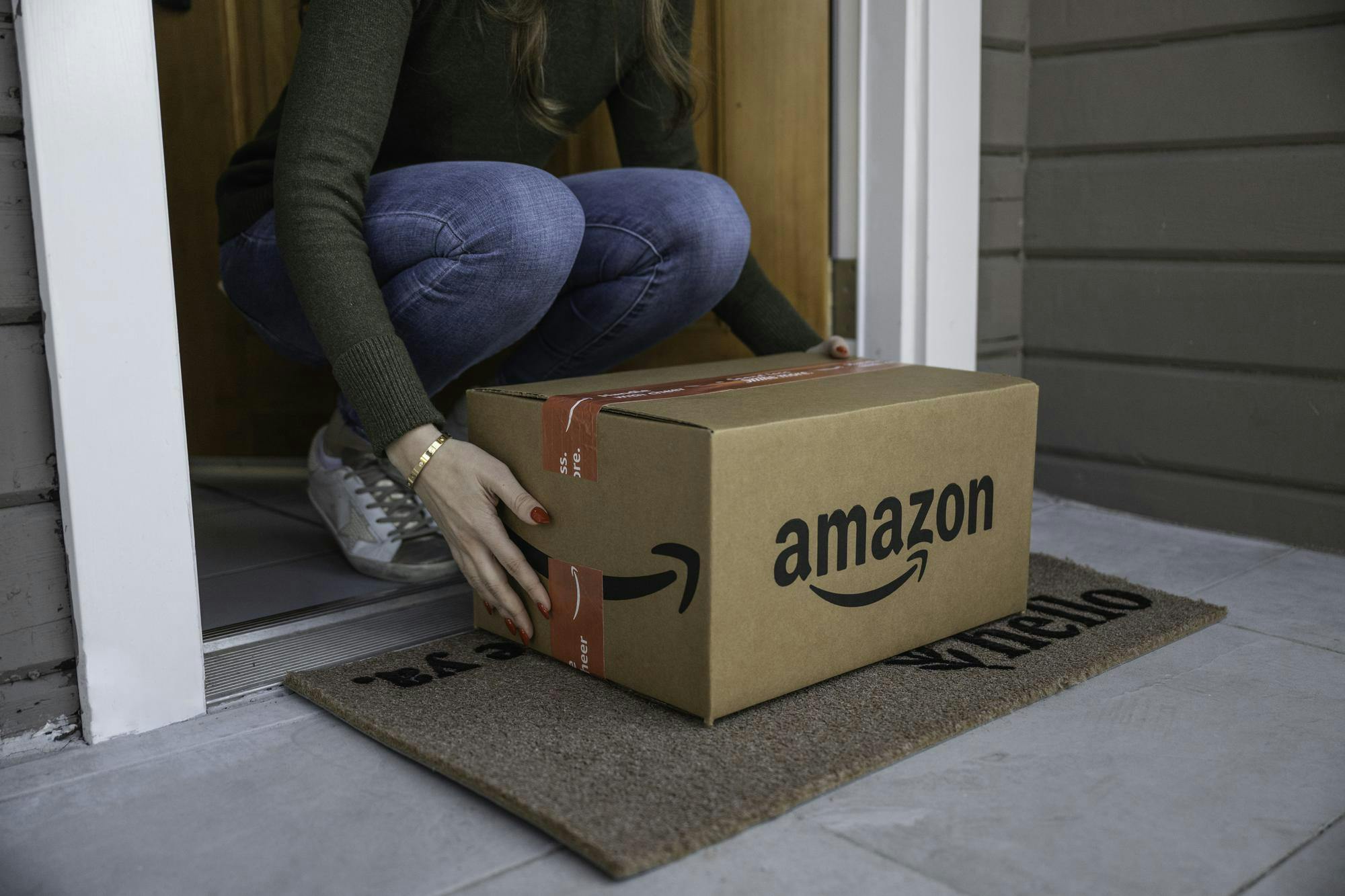Although most Michigan State University students rely on online retailer giant Amazon to get essential items they need in a pinch, more and more people are starting to see problems with third-party sellers, counterfeit products and increasing prices.
The dominance Amazon has over the online retail industry has become a concern to the Federal Trade Commission, which recently filed a lawsuit against the corporation for illegal trade practices.
“Amazon’s ongoing pattern of illegal conduct blocks competition, allowing it to wield monopoly power to inflate prices, degrade quality, and stifle innovation for consumers and businesses,” the commission stated in a press release.
Packaging science junior Erin Zhu said she has noticed the problems Amazon is being sued for, as prices for third-party goods go up over time.
“A lot of their products are shifting more towards outsourcing towards other countries,” Zhu said.
In an update released by Amazon earlier this year, the company stated that over 60% of their sales come from third-party retailers, most of which are international sellers.
“These days, you definitely see more companies that are just random Chinese shell companies that have names that don’t make sense,” Zhu said. “And a lot of (products) I noticed are Amazon Brand stuff.”
Amazon Basics, a private label retailer made by Amazon, is a key part of the commission's lawsuit. According to the FTC's press release, "biasing Amazon’s search results to preference Amazon’s own products over ones that Amazon knows are of better quality" prevents other retailers to get a foothold.
Additionally, a Reuters report found evidence that Amazon Basics copied products from third-party retailers and sold them as their own.
"I don't think the (Amazon Basics) products are better, and there's obviously less care since it's a major corporation," Zhu said. "I don't think it's fair at all."
MSU supply chain Assistant Professor Simone Peinkofer said independent retailers can create other problems for consumers.
Peinkofer, who is an expert in e-commerce, said one of the biggest issues with third-party retailers from foreign countries is counterfeit goods.
“Oftentimes, you might have a consumer looking for good deals on Amazon, buying a knockoff,” Peinkofer said. “(They're) thinking that they're buying genuine product, but then they realize that it's actually a counterfeit product.”
Peinkofer said electronics and clothing brands are especially susceptible to counterfeiting. She said examples of counterfeited products include SD memory cards, as third party retailers may advertise a larger memory than the cards have but consumers don’t realize until they’re plugged in.
While Peinkofer said she has never received a counterfeit product, Zhu said she may have bought counterfeit makeup in the past.
“I’ve had really bad makeup, where it’s... (caused) rashes,” Zhu said. “It’s probably because it was not authentic.”
Zhu has heard stories of third-party brands that mix their makeup with unsanitary, unethically sourced and low-quality counterfeits. She said she wants to ensure that anything she puts on herself is "coming from something that is regulated."
Peinkofer said there are ways to tell if a product is counterfeit.
“Companies are providing on their own brand websites … guidance to consumers how they can figure out that a product is potentially counterfeit,” Peinkofer said.
She used the example of Ugg, a boot brand that includes a page on their website dedicated to showing customers how to spot fake products.
Support student media!
Please consider donating to The State News and help fund the future of journalism.
Zhu said that despite the problems she has with Amazon, she believes it’s useful for busy students and people living in rural areas.
“I don’t necessarily want to shame people about their choices,” Zhu said. “But I hope that if they can get (products) offline, (they will) be more conscious.”
At MSU's neighborhood service centers, truckloads of Amazon packages are delivered each day to students living in dorms.
“You wouldn’t believe what comes through here,” economics junior and Brody Service Center employee Grayson Walters said. “Somebody ordered a treadmill a couple weeks ago.”
The service center, designed to be an office for university employees, often has packages scattered throughout. Beside the front desk is typically a green luggage cart overflowing with Amazon packages, Walters said.
Walters advised students living in the Brody neighborhood to tone down their orders.
“I get people need their stuff, and Amazon gets it here in two days,” Walters said. “But stuff like that ... come on. What are you doing with the treadmill?”
Discussion
Share and discuss “MSU experts, students unbox their thoughts on Amazon reselling” on social media.







